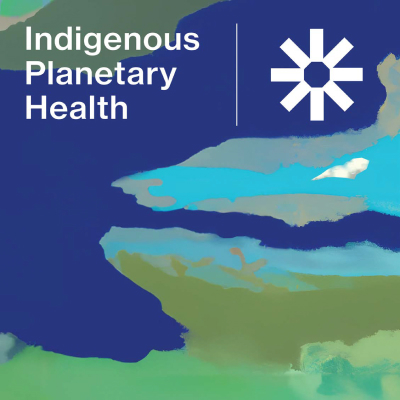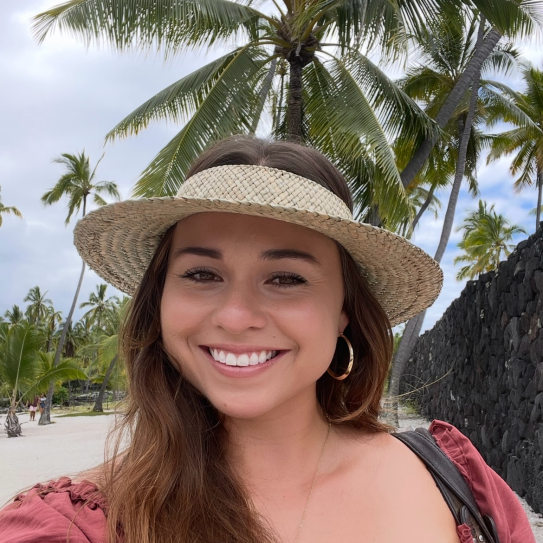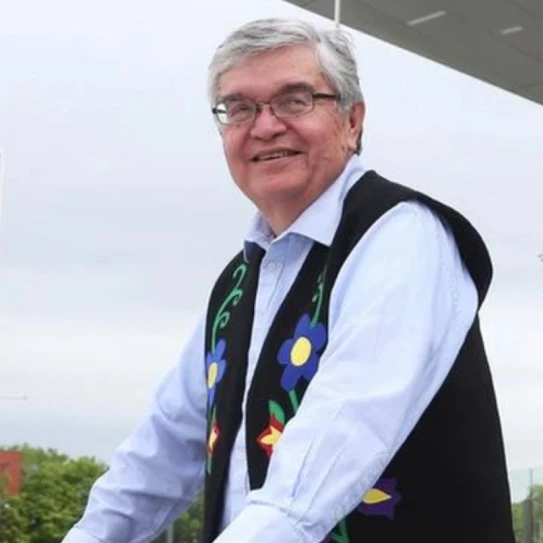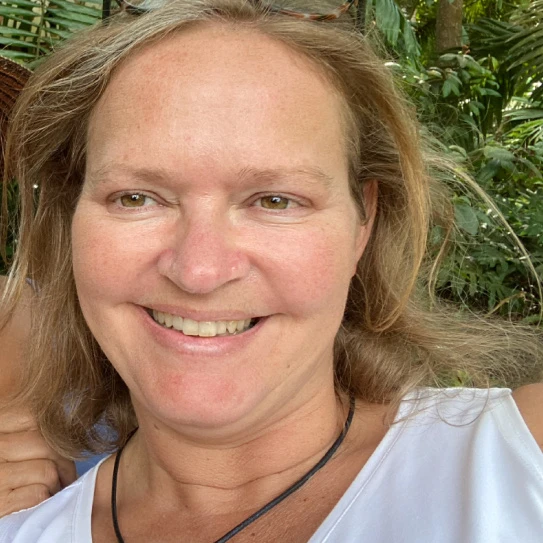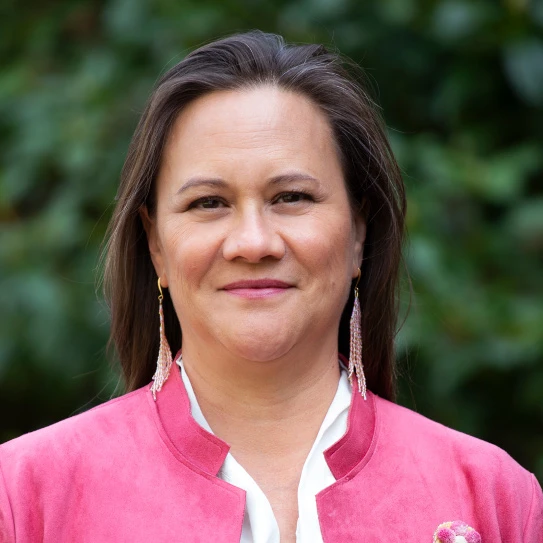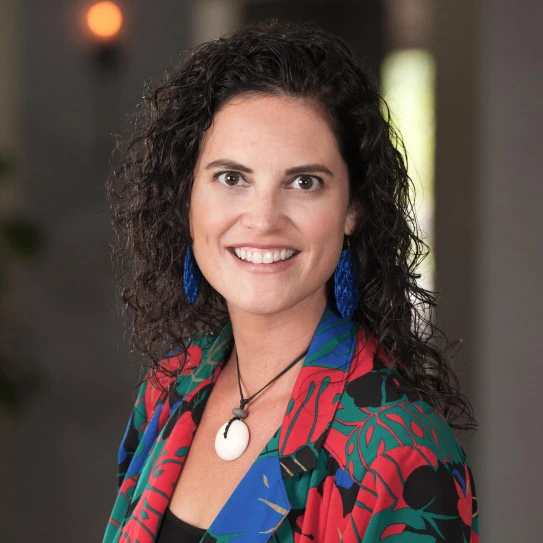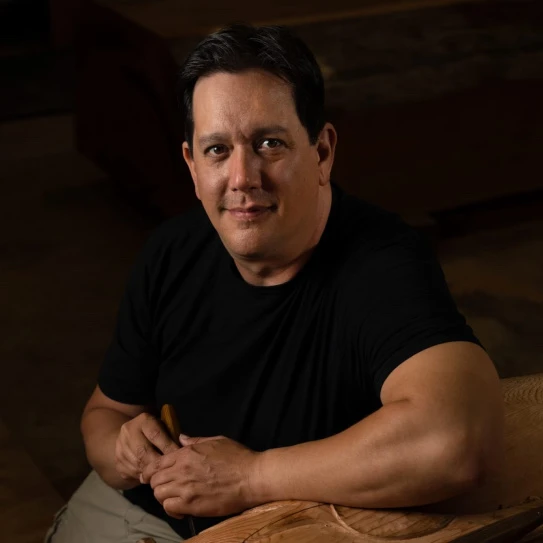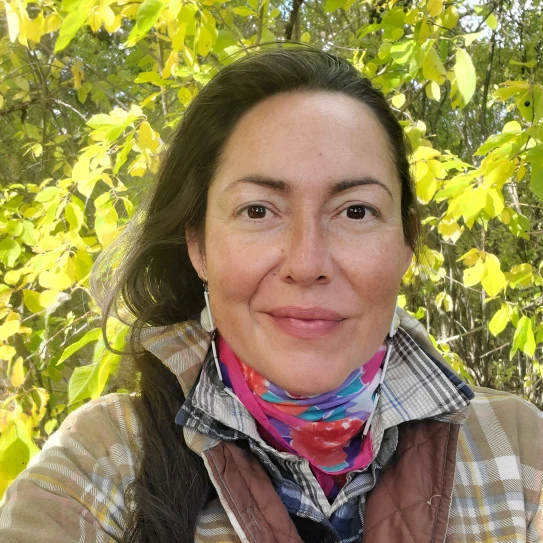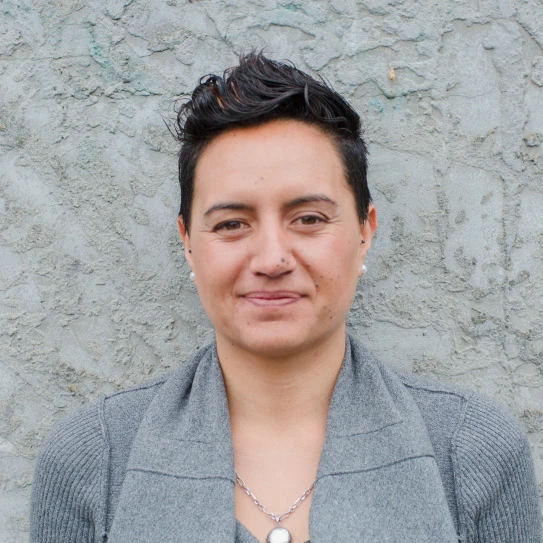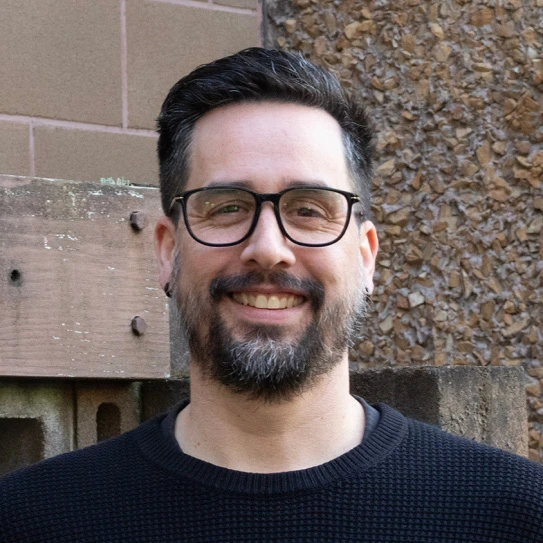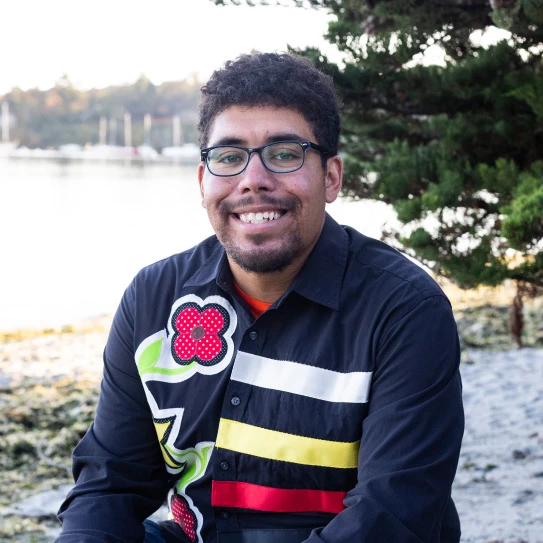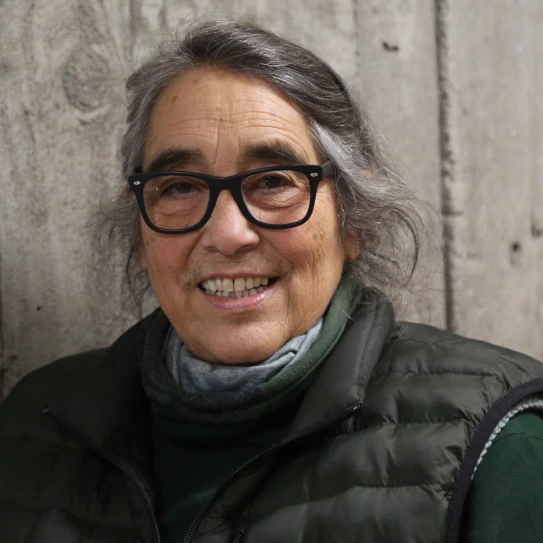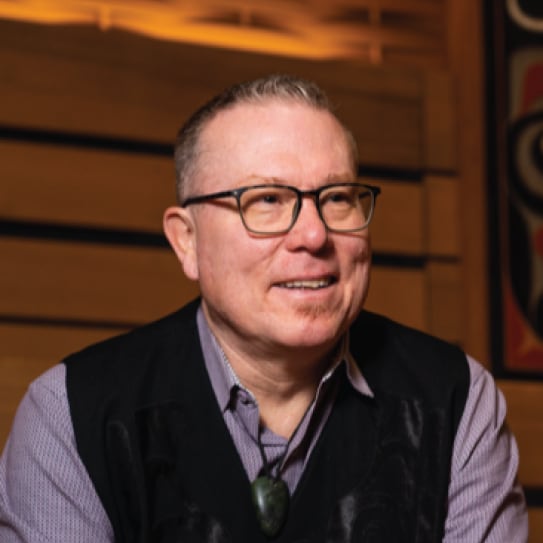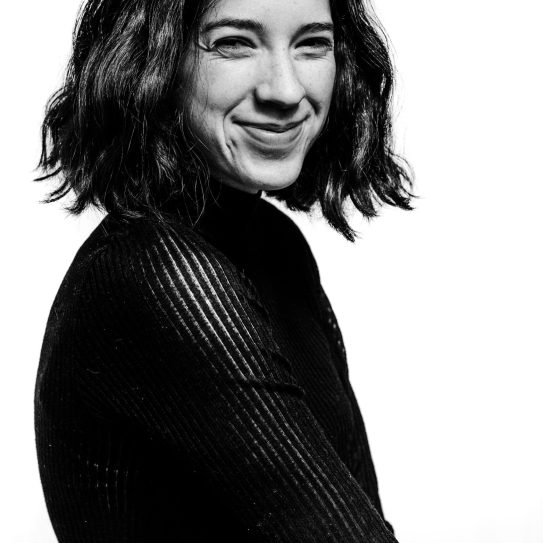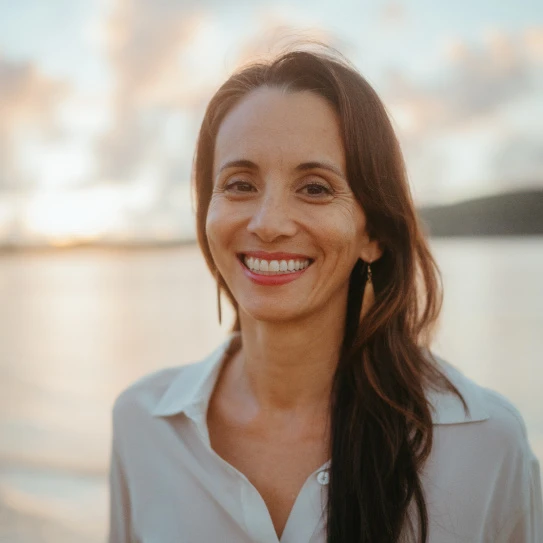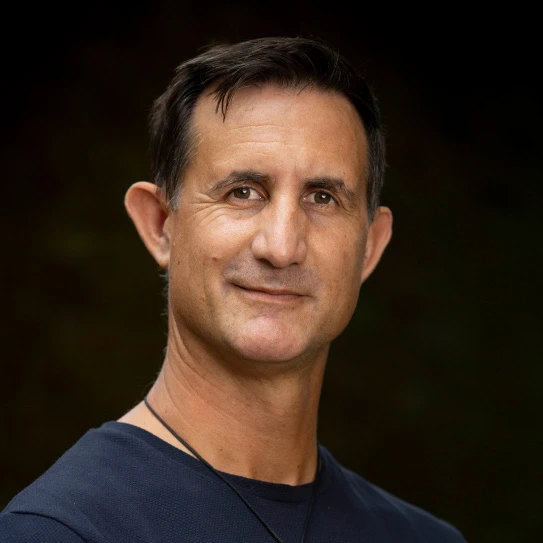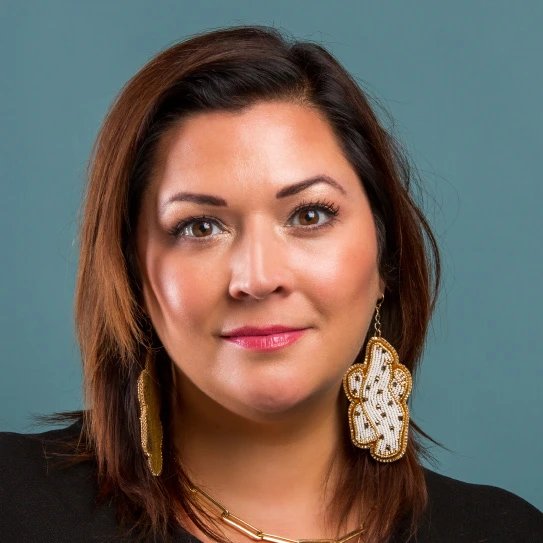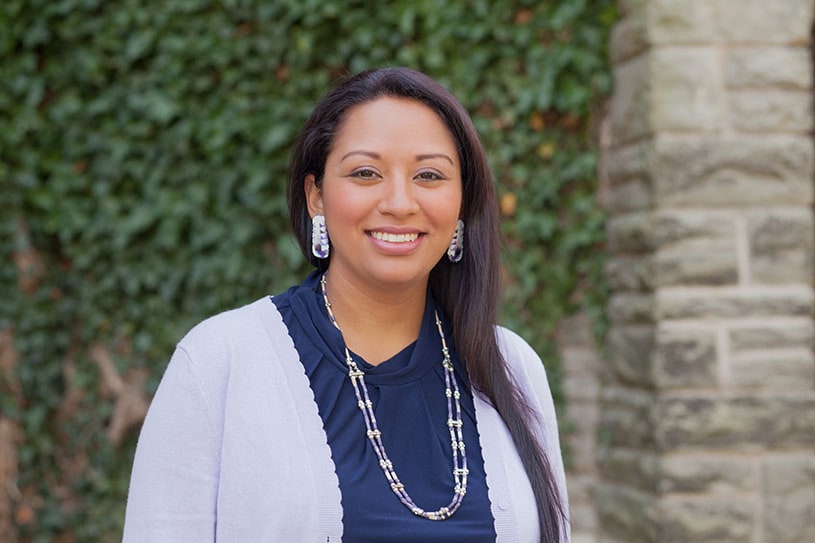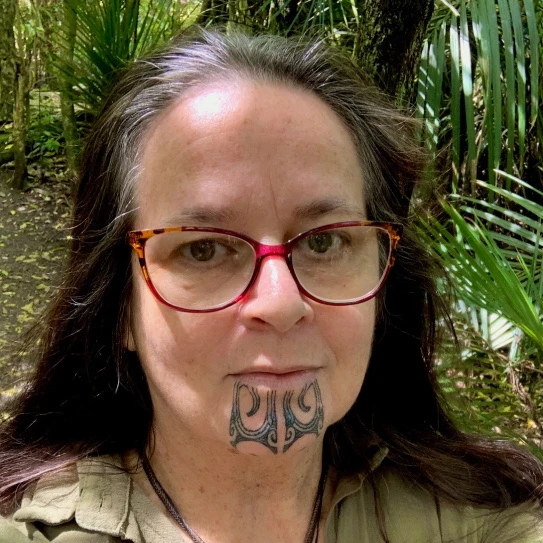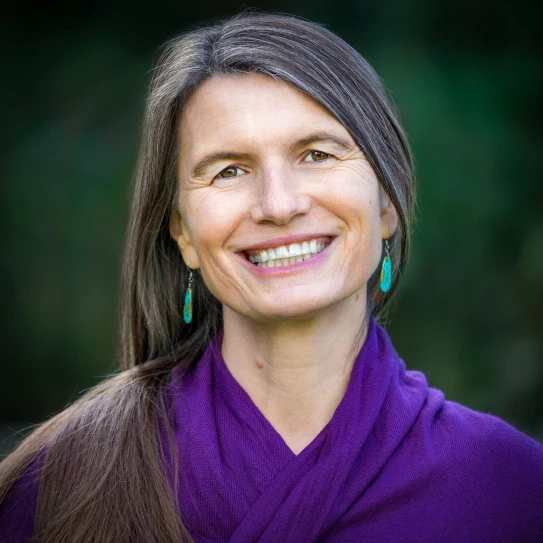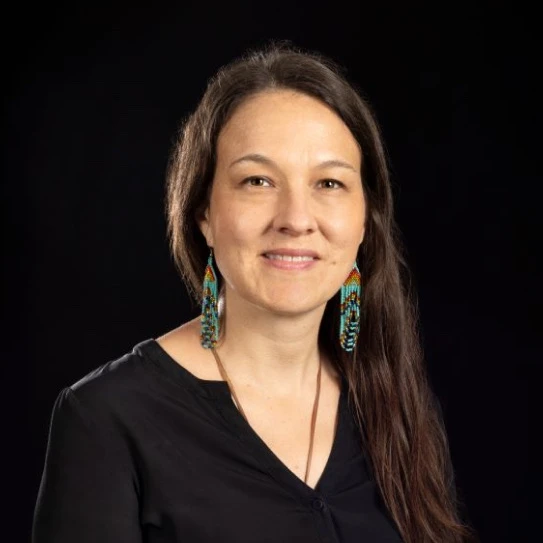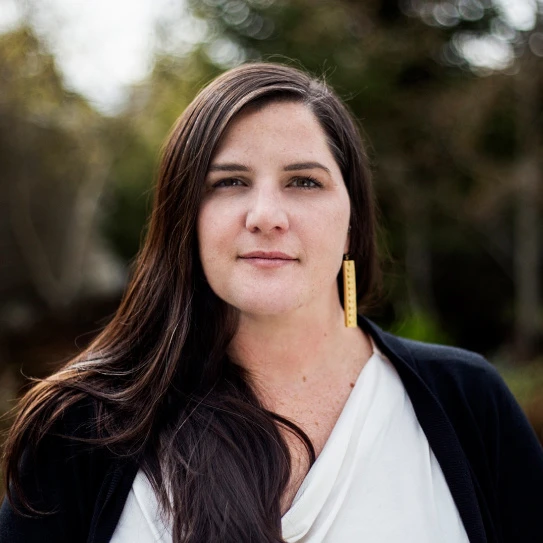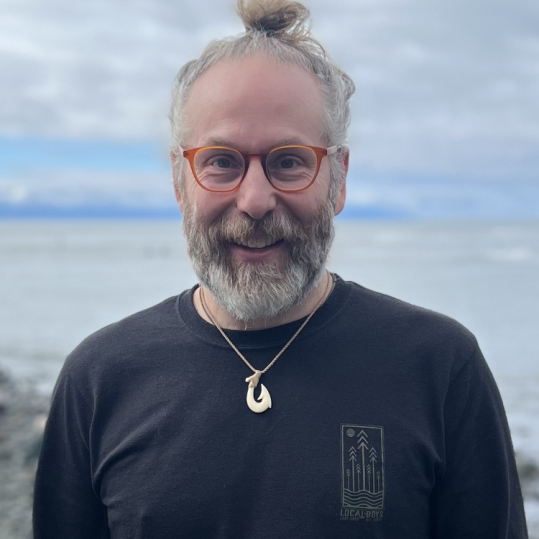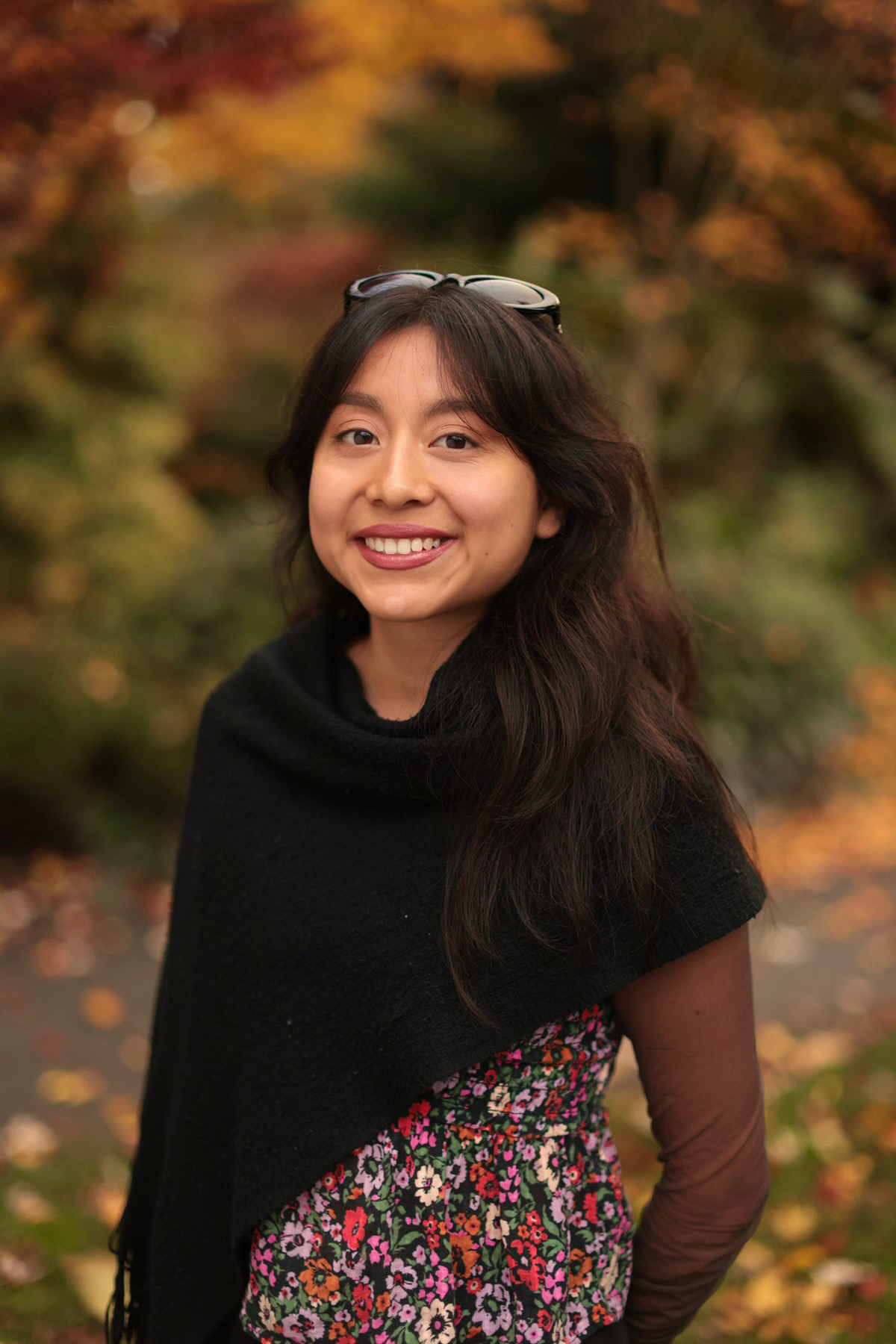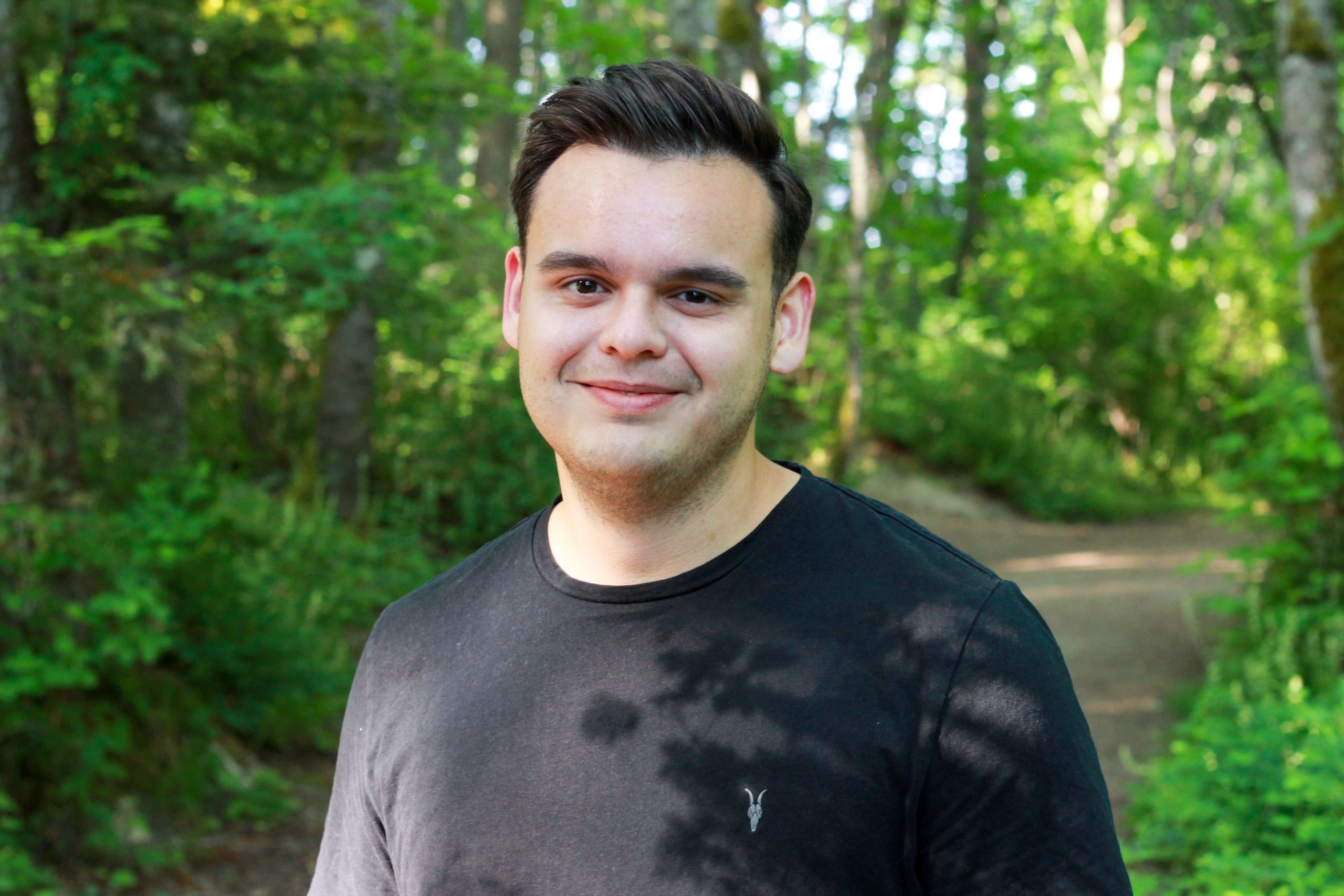Podcast: Play in new window | Download
In this episode, Heather and Carey Newman sit down with Dr. Shannon Waters to talk about how stewarding Indigenous lands and waters in a good way is essential for human health, specifically the health and wellbeing of Indigenous peoples. Speaking from her cultural context, Shannon asserts that human health requires Hul’q’umi’num Peoples to have authority over health, education, the environment, water, salmon, cedar. This means Hul’q’umi’num Peoples need to be at the table so that they can make decisions about 100% of their territories not just the 15% that is on the table in treaty discussions. As a Western trained physician, the tools she was provided with were ineffective band-aids for addressing Indigenous wellness. Dr. Waters is the newly appointed “Deputy Provincial Health Officer, Planetary and Water health” for BC. She approaches her work as looking after relatives grounded in an intimacy of connection that is critical to promoting and creating the foundation for health of the environment and ourselves.
Dr. Shannon Waters’ maternal roots are Hul’qumi’num (part of a larger First Nations group referred to as Coast Salish). She is a member of Stz’uminus First Nation with many family ties to Cowichan Tribes/Quw’utsun. Her paternal roots are Hungarian, Swedish and Scottish. She was honored to work in her home territory as a family doctor but became largely frustrated with the health system’s focus on sickness and instead chose to focus on what keeps us well. Shannon completed her specialty training in Public Health and Preventive Medicine. She has worked in this field federally, provincially and at First Nations organizations. Shannon was honored to have come full circle and work in her home territory as the local Medical Health Officer with Island Health. Her priorities in her work were connection to the environment, mental wellness, and maternal/child/family health. In 2024 Dr. Waters has become the first ever Deputy Provincial Health Officer, Planetary and Water Health in the province of BC.
This podcast is created by the Impact Chair in Transformative Governance for Planetary Health at the University of Victoria, with production from Cited Media. We are supported by grants from the Canadian Institutes of Health Research and the Social Sciences and Humanities Research Council of Canada. You can find us at https://indigenousplanetaryhealth.ca/
